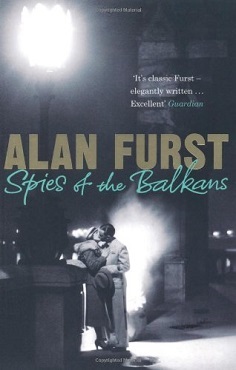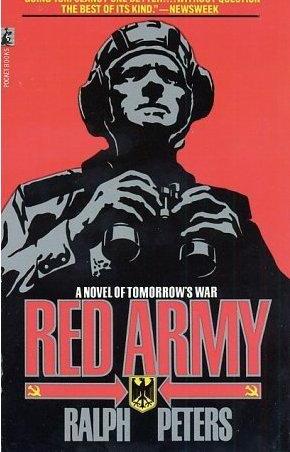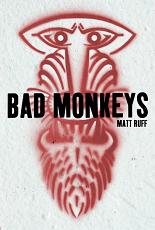
Spies of the Balkans
Alan Furst
279 pages
published in 2010
Since 1988 Alan Furst has been writing a loosely connected series of thrillers set in Europe just before and during World War II, usually known as the Night Soldiers, after the first novel in the series; Spies of the Balkan is the eleventh. As you may imagine, these are not very jolly books. Even disregarding what we as readers know is waiting for them in World War II, the characters themselves are smart enough and knowledgeable enough to see the danger on the horizon, even if they don’t quite realise how bad it will become. Of course in 1940 Greece the danger is easy to spot. Hitler has already conquered Poland, Denmark, Norway, France and the Low Countries, while Mussolini is tooling around the Mediterranean, with Italian troops massing in Albania on the border with Greece.
In an important harbour town like Salonika, such times requires police officers sensitive to the political realities Greece has to face. Costas Zannis is one such police officer, tasked with dealing with all those …delicate… matters that crop up in a city that’s home to so many nationalities, in a country that has to tread careful to stay neutral and free. Though free is perhaps the wrong word to use under the Metaxas dictatorship. For an honest(ish) cop like Zannis, manoeuvring his way through the thickets of political considerations is tough. Yet his tact, honesty and understanding do make him eminently suitable for his job, as can be seen in the way he handles the problems a certain Jewish woman has crossing into Turkey.
This is the start of Zannis’ involvement with the pipeline the woman, wife of a powerful Wehrmacht officer, has set up to smuggle Jews out of Nazi Germany. Pragmatic as he is, he only does so after he gets the blessing of his superior in the Greek intelligence services in Salonika, who also helps provide him with the money needed. He also uses his contacts in the police forces of various countries the pipeline runs through, ironically the same telex equipment these countries bought under German pressure…
Meanwhile the political situation for Greece worsens, as the long awaited Italian invasion takes place, though it goes surprisingly badly for the invader. Zannis himself is drafted, as like most police officers, he’s also a reserve officer in the Greek army. This doesn’t last long however, as he’s invalided out of the army after he got wounded in an arial attack.
Through his involvement with the Jewish pipeline, Zannis also comes to the attention of the British intelligence services, though as it turns out they had had their eye on him for a long time already. Not surprising of course for a political police officer in a politically sensitive city. He’s “asked” to retrieve an English scientist from Paris, who had landed in occupied France when the bomber he was on was shot down. Things do not go entirely to plan and Zannis knows he’s now on the nazis hit list once they invade.
What I like about Furst’s writing is that his characters aren’t helpless in the face of the inevitability of World War II, despite being very much aware something bad is coming. What Zannis does isn’t futile. Even if he can’t stop the course of history, he can at least help some of its victims escape. For such a gloom merchant, Spies of the Balkans is a remarkably optimistic book.


